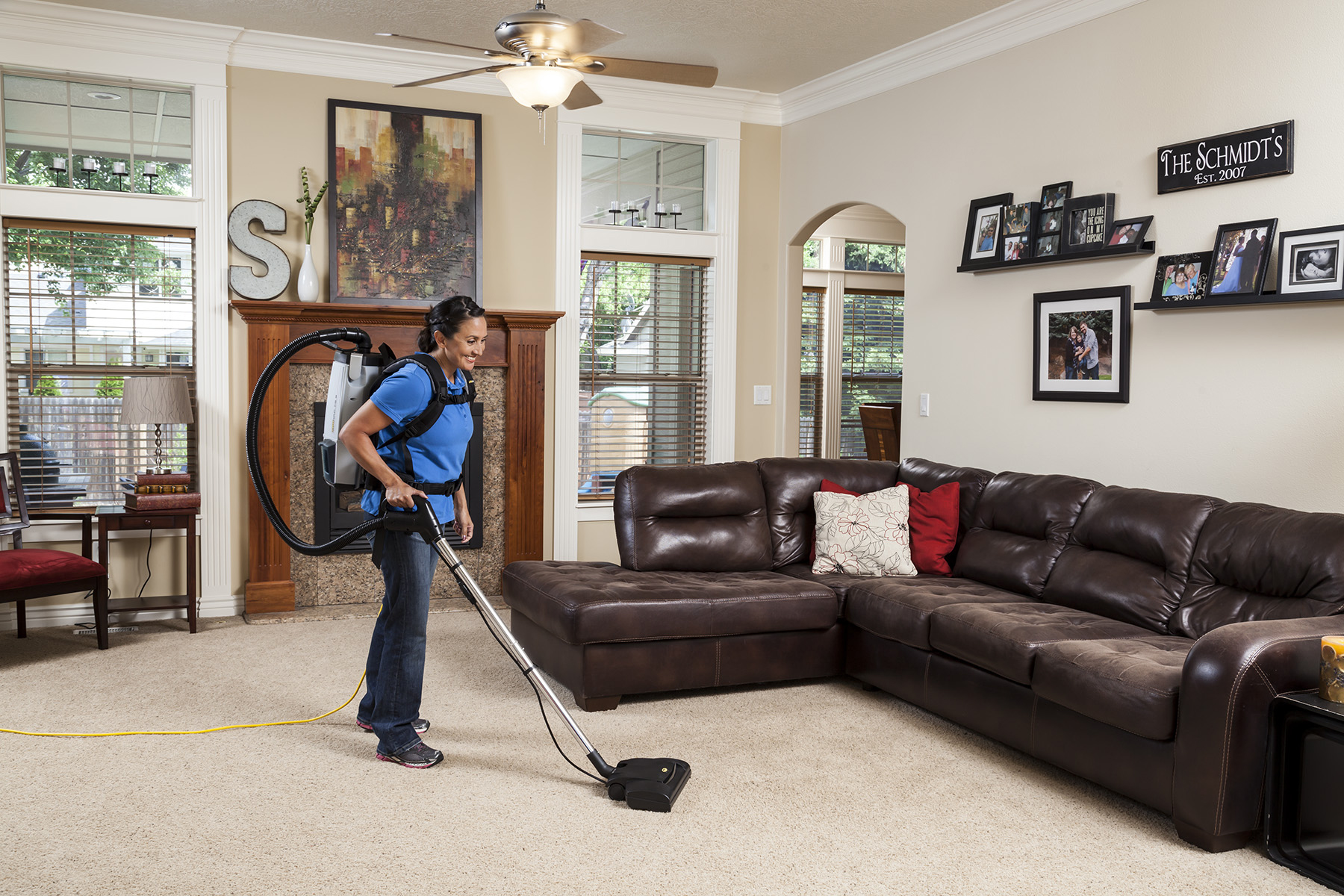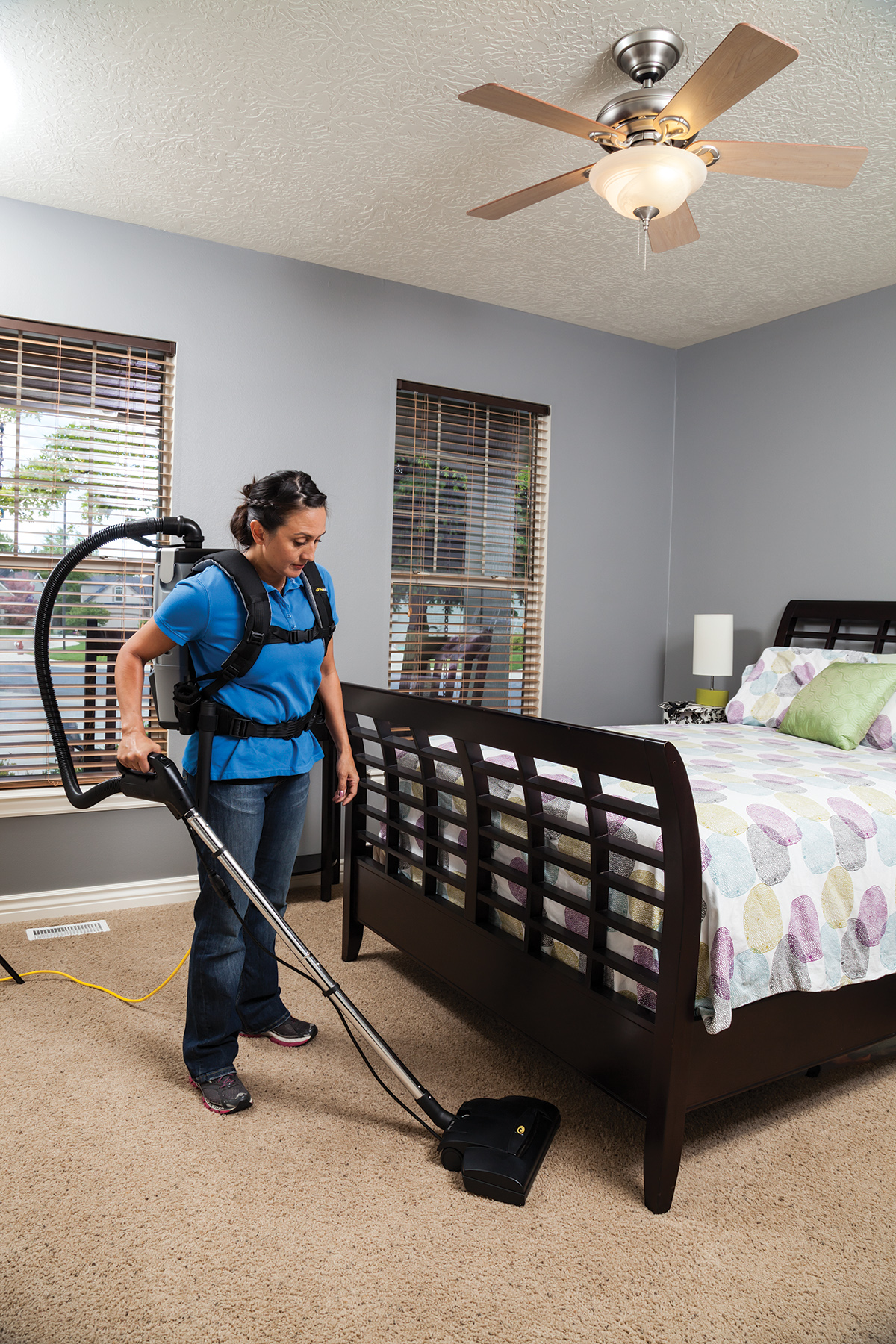Running a successful cleaning business requires not only providing excellent service but also maintaining accurate and efficient accounting practices. Proper accounting ensures that your business remains financially healthy, complies with tax regulations, and is prepared for growth. This article provides essential tips and advice for accounting in a cleaning business, addressing key topics such as the impact of ASC 842, the transition from self-accounting to professional accounting services, and business tax deductions.
Setting Up Your Accounting System
The first step in managing your cleaning business’s finances is setting up a robust accounting system. This system will help you track income and expenses, manage invoices, and generate financial reports.
Choosing the Right Accounting Software
Selecting the right accounting software is crucial. Look for software that caters to small businesses and offers features like invoicing, expense tracking, payroll management, and financial reporting. Popular options include QuickBooks, Xero, and FreshBooks. These platforms provide user-friendly interfaces and can be integrated with other business tools, simplifying your accounting processes.
Establishing a Chart of Accounts
Create a detailed chart of accounts to categorize all your financial transactions. This includes categories for revenue (such as cleaning services, product sales), expenses (supplies, wages, rent), assets (equipment, vehicles), and liabilities (loans, credit lines). A well-organized chart of accounts helps you monitor your financial health and prepare accurate financial statements.
Understanding ASC 842 and Its Impact on Cleaning Businesses
ASC 842, the new lease accounting standard issued by the Financial Accounting Standards Board (FASB), changes how businesses account for leases. This standard requires businesses to recognize all leases longer than 12 months on their balance sheets as both assets and liabilities.
Impact on Cleaning Businesses
For cleaning businesses that lease equipment, vehicles, or office space, ASC 842 can significantly impact financial reporting. The requirement to recognize lease liabilities and corresponding right-of-use assets can affect your balance sheet and financial ratios.
Preparing for ASC 842
To comply with ASC 842, review all your existing leases and gather necessary documentation. Update your accounting policies to reflect the new standard and consider using lease management software to track lease information accurately. Consulting with an accountant who is familiar with ASC 842 can help ensure a smooth transition and compliance.
Monitoring Financial Health and Growth
Regularly monitoring the financial health of your cleaning business is essential for long-term success. This involves reviewing key financial statements such as the income statement, balance sheet, and cash flow statement.
Key Financial Metrics
Analyzing key financial metrics can provide valuable insights into your business’s performance and help you make informed decisions. Some important metrics to track include:
- Revenue Growth: Measure the increase in revenue over time to assess business expansion.
- Profit Margins: Calculate gross and net profit margins to evaluate profitability.
- Cash Flow: Monitor cash inflows and outflows to ensure the business has sufficient liquidity.
- Debt-to-Equity Ratio: Assess the financial leverage of your business and its ability to meet debt obligations.
- Accounts Receivable Turnover: Track how quickly you collect payments from clients, which affects cash flow and working capital.
Financial Review Meetings
Conduct regular financial review meetings with your accountant or financial advisor to discuss these metrics and other financial reports. These meetings provide an opportunity to identify potential issues, set financial goals, and develop strategies for growth. By staying proactive and informed about your financial health, you can make strategic decisions that support the stability and expansion of your cleaning business.
Transitioning from Self-Accounting to Professional Services
As your cleaning business grows, managing accounting on your own can become overwhelming. Transitioning to professional accounting services can save time, reduce errors, and provide expert financial advice.
Benefits of Professional Accounting
Hiring a professional accountant or accounting firm brings several benefits. Accountants can handle complex tasks like tax preparation, financial planning, and regulatory compliance, freeing up your time to focus on growing your business. They can also provide valuable insights into financial performance and help identify areas for improvement.
Steps to Transition
Start by evaluating your current accounting processes and identifying areas that require improvement. Research and interview potential accountants or firms to find a good fit for your business. Once you choose a provider, work closely with them to transfer financial data and set up efficient workflows. Regular communication with your accountant will ensure they stay informed about your business activities and can provide accurate financial guidance.
Comparing Self-Accounting vs. Professional Services
Here is a comparison of self-accounting and professional accounting services:
| Aspect | Self-Accounting | Professional Accounting Services |
| Time Investment | High, especially as the business grows | Low, allowing you to focus on operations |
| Accuracy | Variable, dependent on your accounting skills | High, due to expertise and experience |
| Cost | Lower initial cost | Higher ongoing cost but valuable for growth |
| Financial Insights | Limited, basic financial reports | Comprehensive analysis and strategic advice |
| Compliance | Risk of errors and non-compliance | Ensures compliance with latest regulations |
Leveraging Business Tax Deductions
Understanding and utilizing business tax deductions can significantly reduce your taxable income, leading to substantial savings for your cleaning business.
Common Tax Deductions
Several expenses related to running your cleaning business are tax-deductible. These include:
- Supplies and Equipment: Costs of cleaning supplies, tools, and equipment.
- Vehicle Expenses: Mileage, fuel, maintenance, and insurance for business vehicles.
- Home Office: If you run your business from home, you can deduct a portion of your home expenses.
- Rent and Utilities: Costs of renting office space and utilities.
- Wages and Salaries: Payments to employees, including benefits and payroll taxes.
Keeping Accurate Records
To maximize your tax deductions, maintain thorough and accurate records of all business expenses. Use accounting software to track expenses and categorize them correctly. Keep receipts, invoices, and any other documentation that supports your deductions. This practice not only helps during tax filing but also ensures you are prepared in case of an audit.
Conclusion
Effective accounting is crucial for the success and growth of your cleaning business. By setting up a robust accounting system, understanding the implications of ASC 842, transitioning to professional accounting services when necessary, and leveraging tax deductions, you can ensure your business remains financially healthy and compliant with regulations. Investing time and resources into proper accounting practices will provide a solid foundation for your business, enabling you to focus on delivering excellent cleaning services and achieving your long-term goals.



